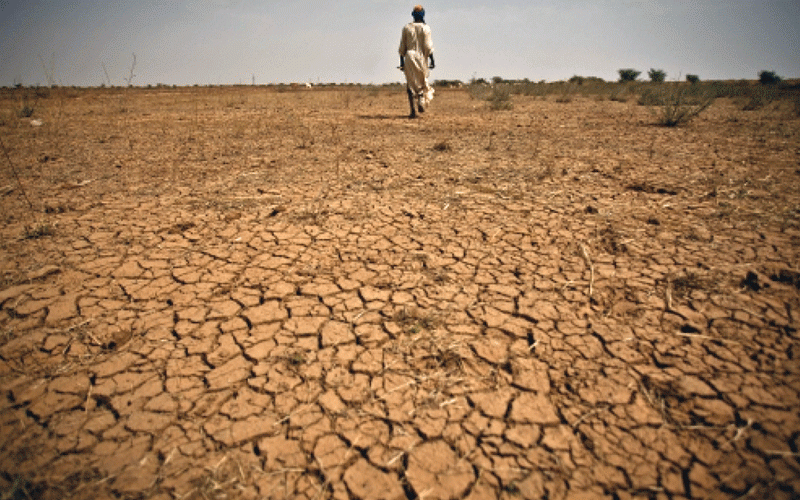
Recent financial reports from key agricultural companies in Zimbabwe paint a bleak picture of the industry's health, attributing the dismal performance to the adverse effects of climate change.
Unlike other sectors, the agricultural sector directly influences food security, and the current downturn is raising alarms not only among Zimbabweans but also in neighbouring countries dependent on the nation's agricultural output.
And unlike other sectors, the agricultural sector directly impacts food security and, therefore, the highlighted performance is alarming to Zimbabweans and other dependent countries.
Peer agricultural companies, Tanganda Tea Company and Ariston, recently reported a decline in volumes in most products, particularly the common product between these two companies, bulk tea, along with other products like avocados.
In a Trading Update for its third quarter ended December 31 2023, Seed Co Limited attributed the 28% decline in total volume of Zimbabwe seed sales to delayed rains and diminished enthusiasm for cropping owing to the looming El-Nino drought.
Meanwhile, the Grain Marketing Board (GMB) of Zimbabwe is reportedly under-capacitated, and expected to be alarmingly low on stocks in March, a phenomenon, which has already induced a spike in grain prices across the country.
In this regard, food security in Zimbabwe seems to be faced with an immediate threat than it is a long-term crisis. Two main factors come in as the main threats to GMB and overall food security in the country. These are delayed planting due to climate change, and poor harvest, as shown in already published data by agricultural companies.
As reported by Seed Co Limited, climate change has seen a delayed rain season in 2023/24 season, and this implies the harvesting season is also expected to delay to beyond the usual April.
- Forex demand continues to fall
- Seed Co muscled out of Pfumvudza
- Paltry US$11m traded on auction market
- Ceteris Paribus: Bite-size snapshot of the VFEX activity flurry
Keep Reading
As temperatures rise, rainfall patterns shift, and carbon dioxide concentrations increase, the timing of crop harvesting is significantly affected. With grains expected to run dry by March, an extended harvesting period comes as a heavy blow to medium-term food security in the country.
Additionally, the deliberate reduction in seed procurement was rather a coping mechanism due to the looming drought as it allowed farmers to conserve resources such as water and fertiliser.
During an El Niño drought, water becomes scarce and expensive, making it crucial for farmers to use it efficiently. By planting fewer seeds, farmers can ensure that the limited water supply is used more effectively, leading to better crop survival rates, hence a reduction in seed volume sales by Seed Co Limited.
In addition to impacting the local food security, the expected low harvesting will also likely have a negative effect on Zimbabwe’s export levels on agricultural products.
Zimbabwe has been suffering from a currency crisis for decades, and with the current highly fragile currency, demand for foreign currency continues to escalate.
This demand has to be met with a commensurate supply of foreign supply in a bid to stabilise the exchange rate.
According to a recent announcement by the government, the Central Bank seeks to add United States dollars (USD) supply to stabilise Zimbabwe dollars (ZWL) depreciation, and supply of this is partially dependent on the country’s ability to generate foreign currency through exports.
Zimbabwe mainly relies on mining and agricultural exports as a key source of income, respectively, and when harvests are low, there is less product available to be sold on the international market.
On overall, sustainable agricultural practices, climate-resilient crops, and adaptive strategies are essential to mitigate the impact of the looming El Niño and ensure a stable food supply for future generations.
- Duma is a financial analyst and accountant at Equity Axis, a leading media and financial research firm in Zimbabwe. — [email protected] or [email protected], Twitter: TWDuma_











